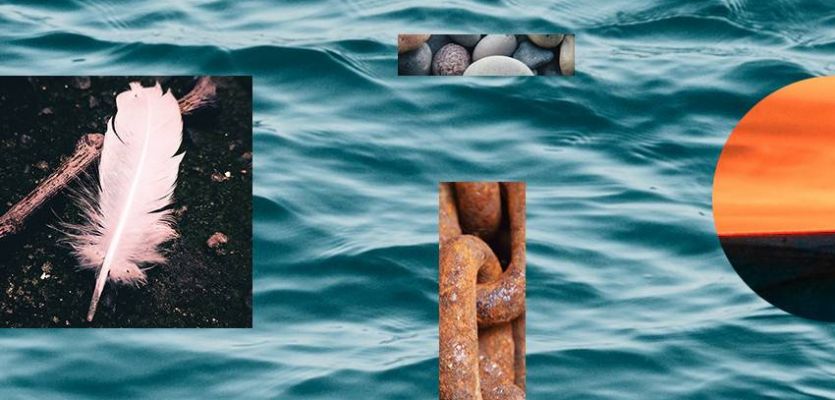#ArtsakhPoemsOnHPem | 'The exiled crane' (Artsakh trilogy, #3) by Harasharzh
November 27, 2020
Generations of Armenians have been haunted by the crane, one of the most potent and emotive symbols ingrained in the Armenian psyche. Ever since Komitas Vardapet addressed the bird in his soulful song of a wanderer, “Oh crane, don’t you have news from our homeland?” it has been associated with ill omen, leaving the question unanswered. In the final poem of the “Artsakh Trilogy” Harasharzh gives an ironic twist to the folk-based story of the past. Steeped in renaissance style and contemporary references, the poet’s words act like a mantra in these trying days.
| Writer's name | Harasharzh |
| Occupation | Poet; Writer; Professor |
| City/Country | United States |
| About the writer |
|
Follow:
The Exiled Crane*
When black clouds swallowed all the stars’ light,
drawing to a close the Autumnal day,
I caught the descent of a tired crane,
anxious to hear what he had to say.
“Whence do you hail, o winged envoy,
with that ashen lump inside your throat?”
Through an untimely cough, he began his dirge:
“I come, my child, from dear Ghazanchetsots.”
“Dust has been kicked by a false, frigid wind,
swirling so far as to make Shushi dark.
Chained only to laden fears, I flew far away,
howling like a specter—my message, my mark.”
“I now soar with harbinger’s oath,
praying this mission keeps up my wings,
for you and all must unfortunately know
Syunik and dear Artsakh’s ill tidings.”
“No longer are those sweet siblings in embrace,
their affection and connection redrawn;
Medz Hayk’s ninth and tenth offspring split,
sobered by a signal from the 44th dawn.”
“Should you see him again, one day,
do not deafen yourself to his unspoken pain.
Be sure to take heed in your numb stupor:
We must bring Artsakh back to us again.”
“Now, I carry this message and malignant mark
to the many exiles of sun and stone,
since only by their will and power
can Armenia’s fateful tapestry be sewn.”
“Stop, sit, please, you must rest!” I said,
“Let me bring you some water to drink.”
but this crane, though molted and feathers shed,
stared well off past reason’s brink.
“I cannot stop, I cannot wait,” sighed the crane,
“but I will this once lend my ancient ear:
When I might return to our people’s native skies,
what message of yours shall they hear?”
*Author's note
This is the third and final installment/poem in my “Artsakh Trilogy.” Subverting the common folktale of the poem/story about "The Crane" sending news of the homeland to the many diasporans, this one arrives with ill tidings. I’m using the historic province of Artsakh and Syunik as siblings hugging, which is what they look like on a map, the 9th and 10th children (corresponding to their kingdom #) in Greater Armenia. The Crane also asks if the main character has a message she/he’d like to send back, leaving the poem open ended. I went with lyrical imitation of many Armenian poets and poems, particularly the rhyme scheme of Bedros Tourian’s work as I find him to be the one of the most fascinating poets of our time. There are 9 stanzas, signifying the perfect multiple of 3 - which is a holy number - but 4 lines per paragraph. Four represents apocalypse and the four bodily humors in the medieval era. In fact, the two prior poems also have numerological significance, though I deliberately wanted to mention it here for “The Exiled Crane.” I think this still fits in with the “hopeful” or “positive” ending I wanted to the trilogy, but it has obviously been dragged down by the actual real-life events it’s inspired by-represented by how the Crane feels like a howling specter leaving a mark/curse.
Read Harasharzh's "Vaspurakan's Echo" and "New Navasardian, a Sullen Ode."
Are you an aspiring writer, poet, or artist? Show the world what you've got!
Video
Join our community and receive regular updates!
Join now!






Attention!